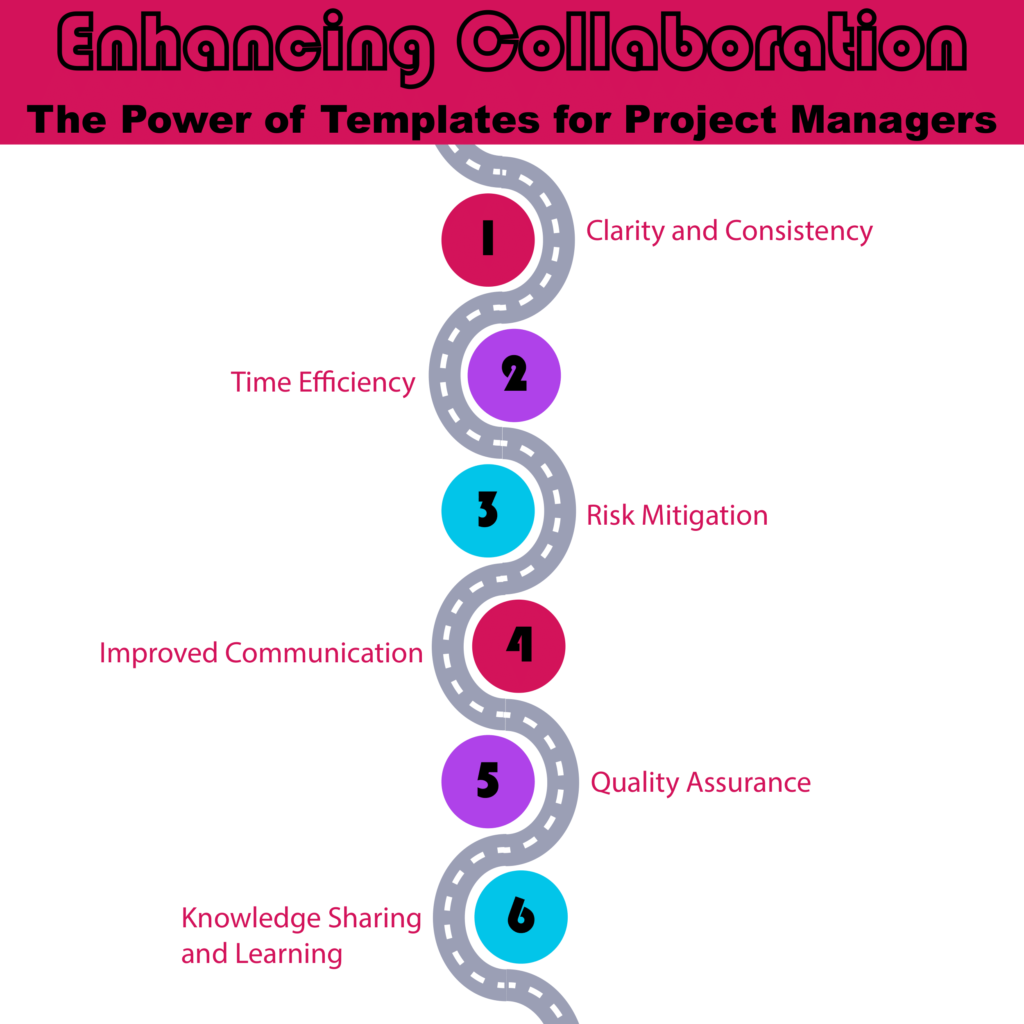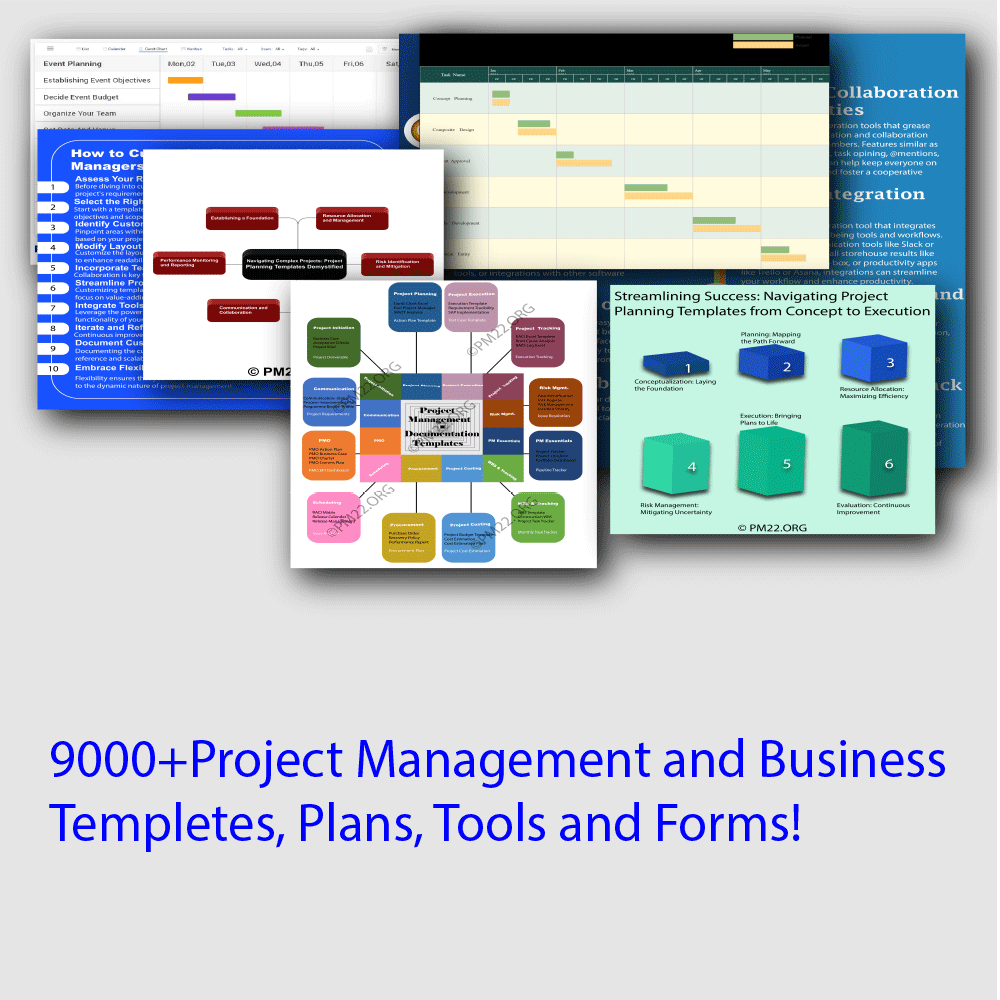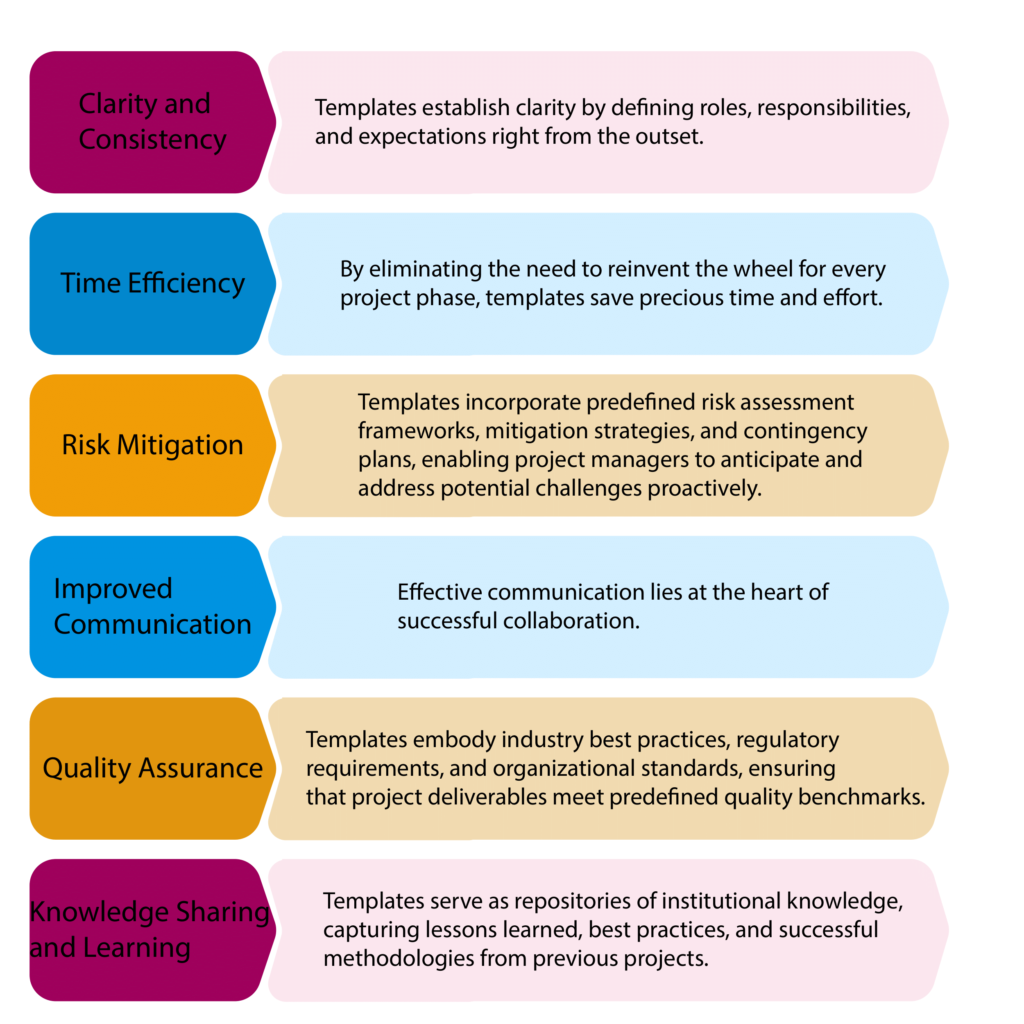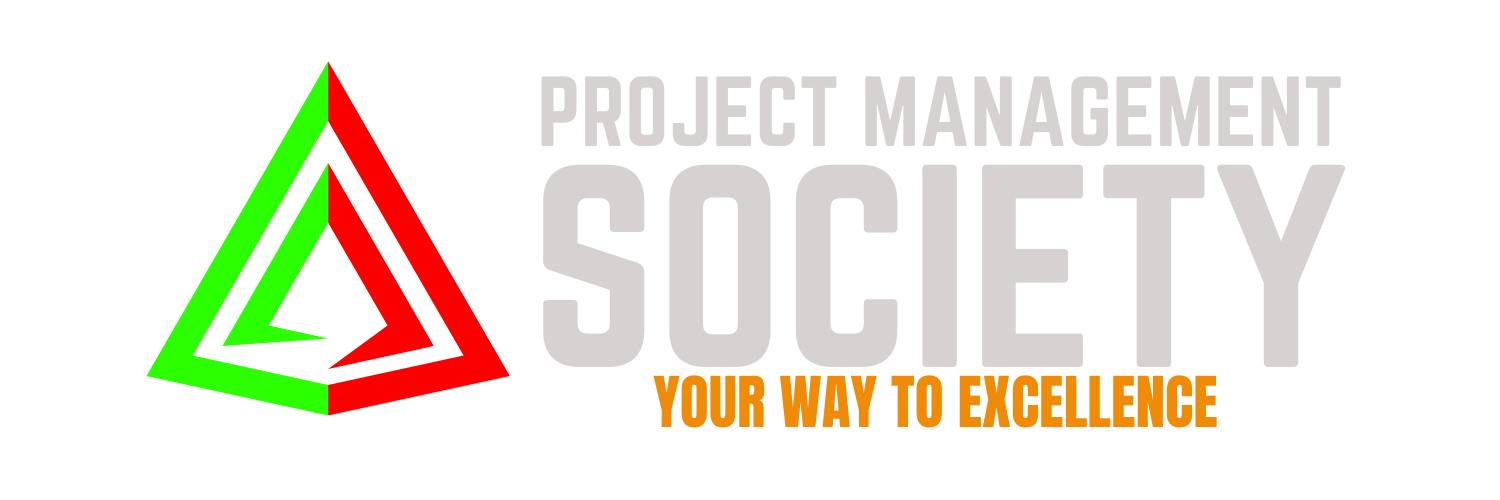 In the dynamic realm of project management, effective collaboration stands as the cornerstone of success. With numerous moving parts, diverse stakeholders, and evolving requirements, maintaining coherence and efficiency throughout the project lifecycle can be a daunting task. However, amidst this complexity, templates emerge as invaluable tools for project managers, offering a structured approach that fosters collaboration and streamlines processes.
In the dynamic realm of project management, effective collaboration stands as the cornerstone of success. With numerous moving parts, diverse stakeholders, and evolving requirements, maintaining coherence and efficiency throughout the project lifecycle can be a daunting task. However, amidst this complexity, templates emerge as invaluable tools for project managers, offering a structured approach that fosters collaboration and streamlines processes.
Templates serve as predefined frameworks or models that outline the necessary steps, guidelines, and formats for various project management activities. From project initiation to closure, these templates encapsulate best practices, standardize workflows, and provide a common language for all team members involved. Here’s how templates elevate collaboration within project teams:
- Clarity and Consistency: Templates establish clarity by defining roles, responsibilities, and expectations right from the outset. Whether it’s a project charter, work breakdown structure (WBS), or communication plan, templates ensure that everyone is on the same page regarding project objectives, timelines, and deliverables. Consistency across project documentation minimizes confusion, reduces misunderstandings, and fosters alignment among team members, stakeholders, and clients.
CLICK HERE TO DOWNLOAD 300+ PROJECT MANAGEMENT TEMPLATES & DOCUMENTS IN EXCEL
- Time Efficiency: By eliminating the need to reinvent the wheel for every project phase, templates save precious time and effort. Project managers can readily access ready-made templates or customize existing ones to suit specific project requirements. This streamlined approach accelerates the planning and execution processes, enabling teams to focus more on productive tasks rather than administrative overhead. Consequently, deadlines are met more efficiently, and project timelines are optimized for success.

- Risk Mitigation: Templates incorporate predefined risk assessment frameworks, mitigation strategies, and contingency plans, enabling project managers to anticipate and address potential challenges proactively. By systematically identifying risks and establishing mitigation measures, teams can preemptively mitigate project disruptions, ensuring smoother progress and timely delivery. Moreover, having standardized risk management templates encourages open communication about potential threats and encourages collaboration in devising effective solutions.

- Improved Communication: Effective communication lies at the heart of successful collaboration. Templates for status reports, meeting agendas, and stakeholder updates facilitate clear, concise, and structured communication channels within the project team. Whether it’s disseminating progress updates, highlighting key milestones, or flagging issues, standardized templates ensure that information is conveyed uniformly across all stakeholders. This fosters transparency, reduces misinterpretations, and enhances trust among team members, thereby promoting a cohesive working environment.

- Quality Assurance: Templates embody industry best practices, regulatory requirements, and organizational standards, ensuring that project deliverables meet predefined quality benchmarks. Whether it’s a project plan, requirement specification, or testing protocol, adherence to standardized templates promotes consistency and accuracy in project outputs. This quality-centric approach minimizes errors, enhances reliability, and ultimately leads to higher client satisfaction and stakeholder confidence.
CLICK HERE TO DOWNLOAD 300+ PROJECT MANAGEMENT TEMPLATES & DOCUMENTS IN EXCEL
- Knowledge Sharing and Learning: Templates serve as repositories of institutional knowledge, capturing lessons learned, best practices, and successful methodologies from previous projects. By leveraging templates, project managers can facilitate knowledge sharing among team members, enabling them to benefit from past experiences and avoid reinventing solutions to common challenges. This collective wisdom fosters a culture of continuous improvement, where teams learn, adapt, and innovate based on established templates and shared insights.
In conclusion, templates are indispensable assets that empower project managers to enhance collaboration, streamline workflows, and drive project success. By providing standardized frameworks for planning, execution, and monitoring, templates establish clarity, consistency, and efficiency within project teams. Moreover, templates promote effective communication, mitigate risks, ensure quality, and facilitate knowledge sharing, thereby cultivating a culture of collaboration and excellence in project management practices. Embracing templates as integral components of project management methodologies can significantly elevate team performance, optimize project outcomes, and drive organizational success in today’s competitive landscape.
